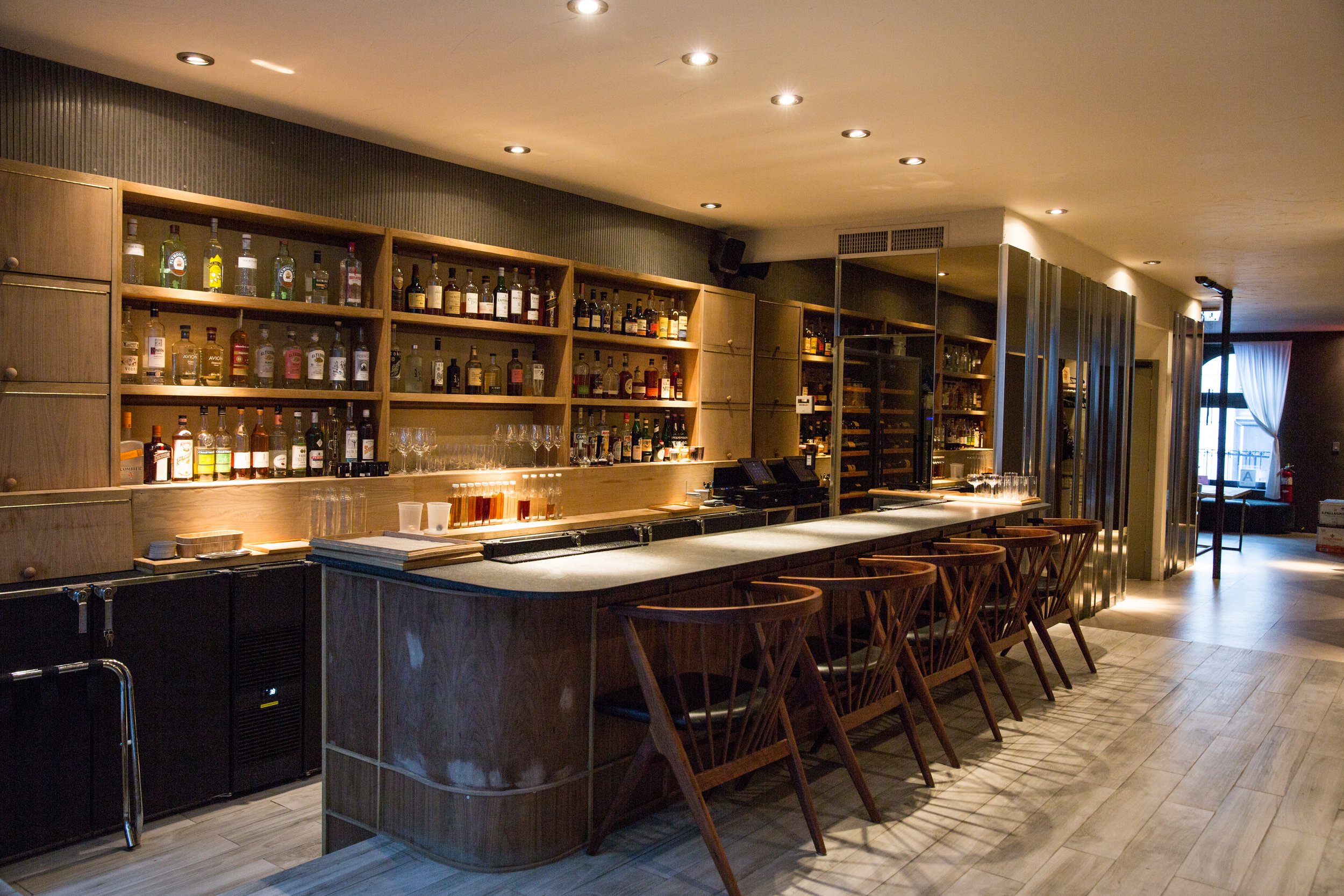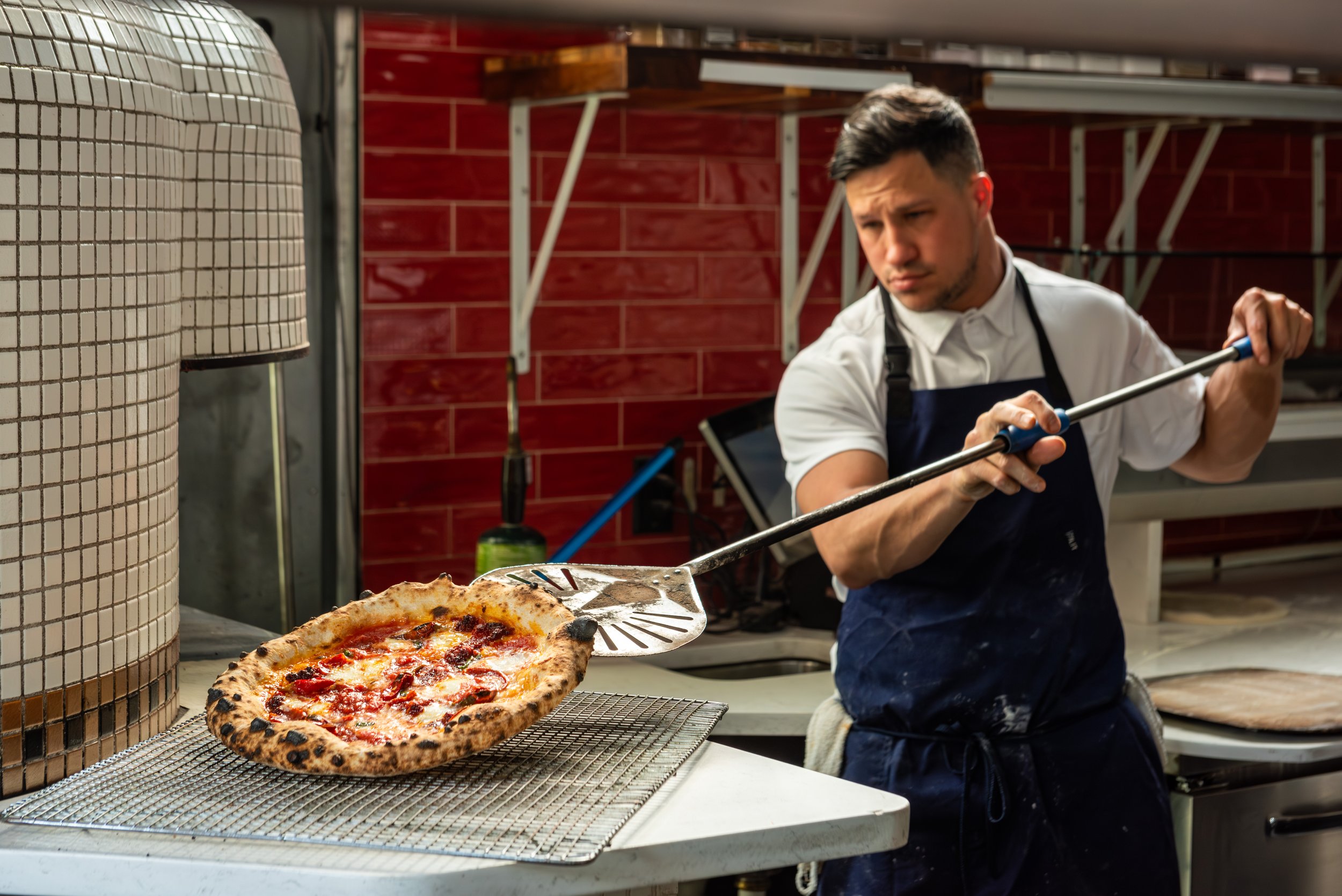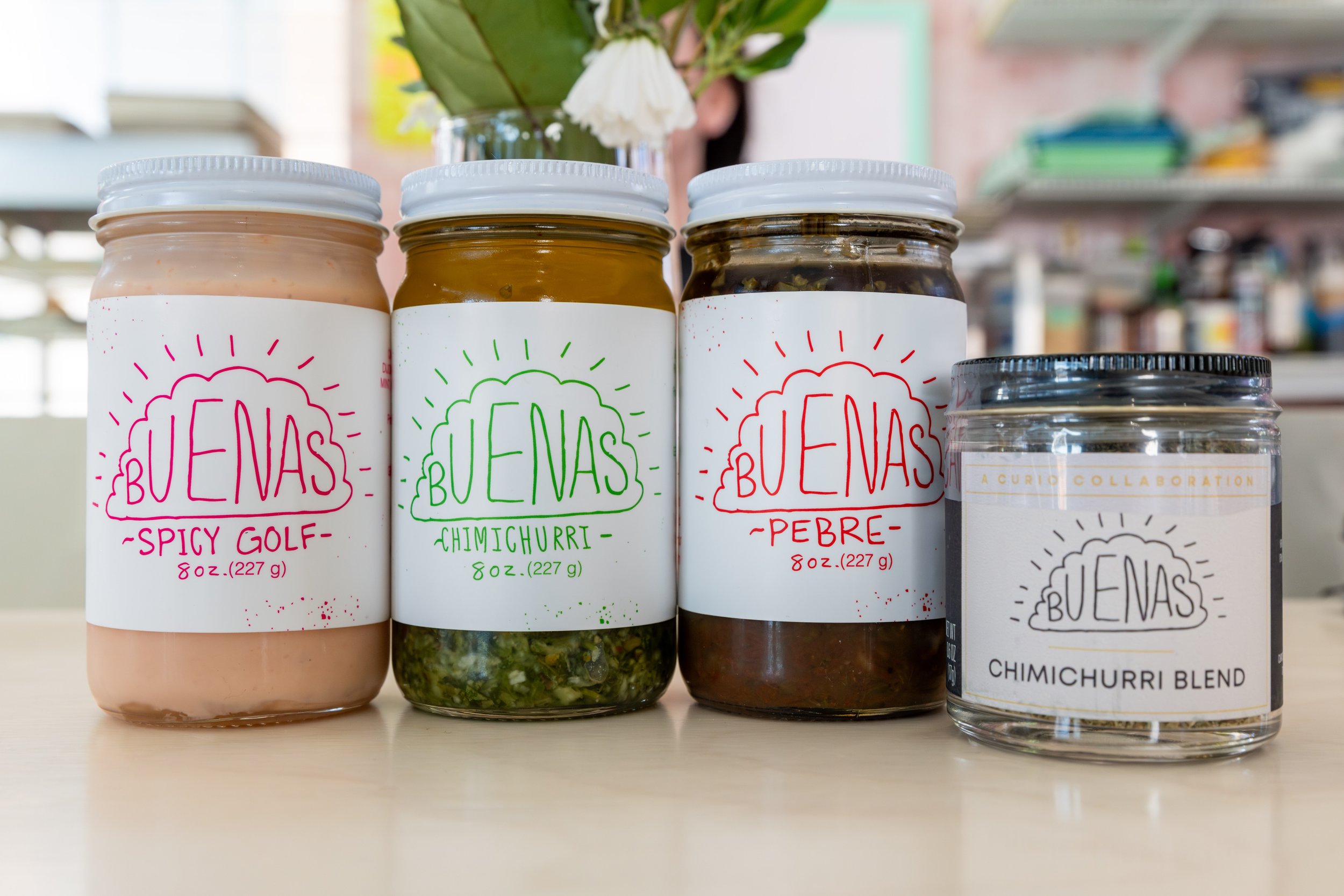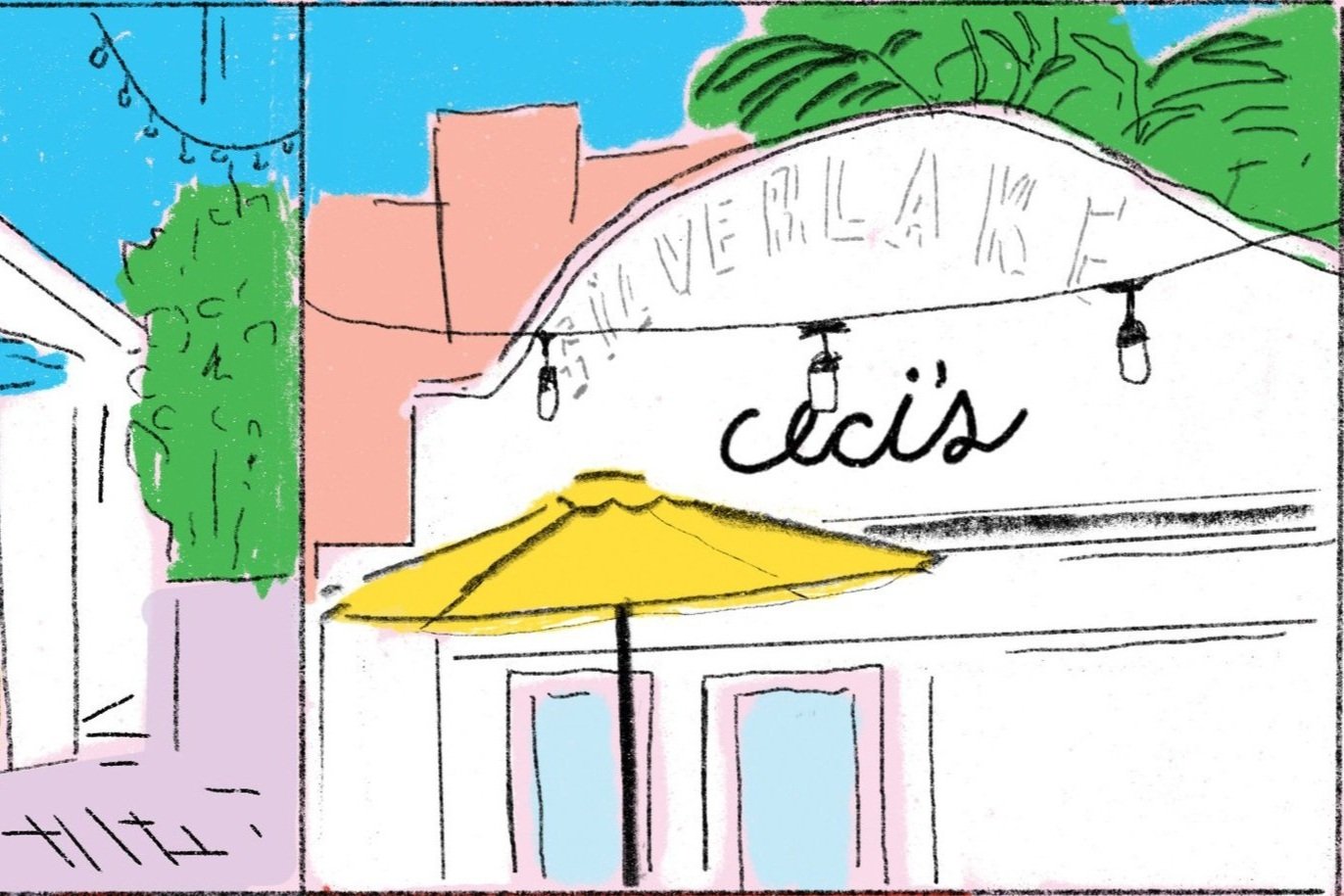Building a Better, More Diverse Team in Coffee
Brandon Tully says buh-bye to the bearded bros.
After a customer told shop owner Brandon Tully that his crew at Underline Coffee “looked a lot of one shade and a lot of one gender,” Tully knew something had to change. The tatted and scruffy guys weren’t working out well for him anyway. Between the reluctance of his staff to wash dishes and their insistence on doing things their own way, Tully decided to reexamine and adjust some of his hiring practices.
He began looking for human resources in a talent pool that includes Starbucks, Dunkin’, Smashburger, and school cafeterias, and has assembled the best crew he’s ever had. No drama, no headaches, and no dirty dishes. The new-look team also has a beneficial side effect: approachability. “As a brand, we’re no longer looking big, bearded, and tattooed,” says Tully. “It’s a broader group we’re appealing to.” There is, however, one guy on the team with some ink— the shop logo on his arm.
Here are Tully’s big takeaways that you can apply to your coffee shop, bar, kitchen—or any business.
Your Job Description Needs a Second Look
In his job postings, Tully realized that he was using words, that his customers find snooty: “third wave,” roast types, “elevated.” Rather than hooking potential employees on the notion of craft, he switched up the focus to the service aspect of being a barista, a blend of both front-of-house and back-of-house roles.
Experience Is Often Overvalued
“If you have experience as your number one [qualification], you can interview five people, but the guy with the beard and tattoos and three years experience is who you’re going to hire,” says Tully. He switched his requirement for applicants from two years experience to one. “I have 25 years experience. I can teach someone how to make coffee,” he says.
Embrace the Trial Shift
When experience no longer becomes number one, there were two things Tully began to look for: being nice and working hard. The first can be gleaned in the interview process. For the second, Tully asks prospective hires to do a trial shift to evaluate their work ethic. “You can see that in three or four hours,” says Tully.
Corporate Training Is an Asset
When employees come in from major chains, they often bring some of their corporate training with them: structure, rigidity, and attention to detail. “We just implemented a bunch of opening and closing lists, and the people who have [corporate] experience hit those lists right away,” he says.









